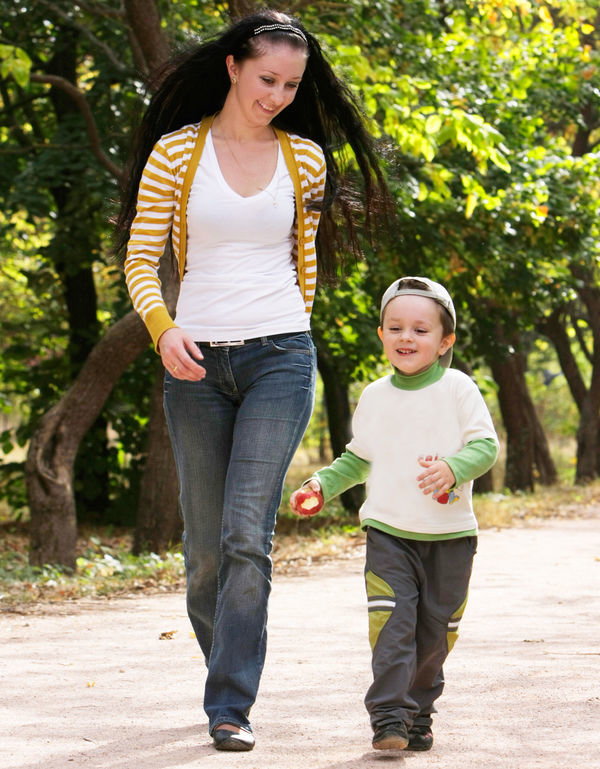Early childhood development programme ping:pong
Building bridges through play - ping:pong facilitates the transition to school for parents and their 3 to 6-year-old children.
What is ping:pong and what does it aim to achieve?
Socially disadvantages families in particular require support tailored to their needs at the transition to kindergarten. The early childhood development program ping:pong supports this transition through moderated parent meetings. The parents learn about how they can support their child with his or her education in an age-appropriate and inspiring way. ping:pong builds a bridge between the worlds in which a child spends his time. Parents and specialists from institutions work together to ensure that the child has a good start in the kindergarten and a fair opportunity for education and social participation.
Objectives of ping:pong
ping:pong pre-school
By encouraging the family as a learning environment and building trust with the kindergarten, both the parents and the child are prepared for starting kindergarten.
ping:pong kindergarten
In ping:pong kindergarten, efforts are made to achieve the shared design of learning processes. This is by achieved by encouraging the family as a learning environment and by building an educational alliance between the parents and the kindergarten teaching staff. For parents, the aim is to improve their parenting skills so they can support their child appropriately. ping:pong creates an educational alliance between the parents and the institution to design the child’s educational processes and manage transitions as well as possible. The activities carried out by ping:pong enable the child to learn through play and exploration.

Foundation of ping:pong
Target group
The ping:pong programme is aimed at all parents with children aged between 3 and 6 who are attending a pre-school institution or kindergarten. Socially disadvantaged parents can also be reached with ping:pong.
Modelle
Three implementation models with different focuses are available.
Through the one-year ping:pong pre-school model, parents and children are prepared for starting kindergarten by encouraging the family as a learning environment and through insights and the building of trust with the kindergarten.
The one-year ping:pong kindergarten model inspires the shared design of learning processes by encouraging the family as a learning environment. It aims to build an educational alliance between the parents and the kindergarten staff.
The two-year ping:pong transition consists of both ping:pong pre-school and ping:pong kindergarten. The two-year programme period means the programme objectives can be further consolidated.
Management
A local moderator manages the programme. The moderator can be a person who is external to the kindergarten (e.g. a project manager in early childhood support or integration officer) or work in the school system (e.g. school social worker, school head). The moderator is responsible for the acquisition of families, runs the parent meetings and maintains a focus on the objective of empowerment and creates a framework in which all parents feel addressed and valued.
Fundamental attitude
ping:pong is based on a resource-oriented approach. As part of this, the individual strengths of all of the actors involved are valued. The child is the focus of the programme. As an active subject, the child explores their material and social environment. The child learns more when his explorations come from his own interests and he can be curious and motivated. The parents experience their child on a day-to-day basis and spend the most time with them. They are respected as the most important reference people. Through ping:pong, the parents’ skills and resources are strengthened so they can support and encourage their child in an age-appropriate manner. The specialists use their experience to contribute to the educational alliance between the school and the parents.
Origin
ping:pong is based on the VVE Thuis programme that was developed by the Netherlands Youth Institute (NJi) and has been successfully implemented in numerous institutions in the Netherlands since 2009. The a:primo association tailored ping:pong to Swiss circumstances and the education system.
Scientific evaluation of ping:pong
Pilot (2017 - 2020)
The evaluation of the pilot implementation of the early childhood development programme ping:pong is being carried out by the «research, development and evaluation» institute of the University of Education Bern.